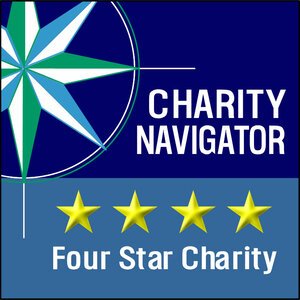Ask a Cowboy Poet
November 2021
When you get together to listen to the musings of some of the great cowboy poets and musicians of the West, it’s easy to find yourself carried away to another place or another time, moved by the power of these artists’ thoughtful words and the pictures they paint for us through their verse. But how does an artist protect themselves from another coming along and taking credit for the work they’ve so thoughtfully crafted over the years? Well that’s the question our friend Jacqueline sent in to us from Facebook this last month, looking to get a better understanding of the way these poet masters operate. It sure intrigued us, and we hope you enjoy what they each had to say in return.
Don’t forget you can follow us on Facebook and Instagram to send in your own questions to ask our cowboy poets! Email submissions can also be sent to media@westernfolklife.org.
“
How does one protect their poem from others claiming it? I really don’t know."
- Jacqueline W.
Dick Gibford:
Personally , I don’t worry much about someone claiming one of my poems. As soon as I recite one on stage at Elko, or any other venue, I have the faith that it’s been heard or recorded, but if one is worried, you can put your poem in an envelope and mail it to yourself. Don’t open it and file it away safely in your records in case you ever need the proof in a court.
Yvonne Hollenbeck:
Jacqueline,
That's a common question, but unfortunately there is no common answer. As far as I know, no one has claimed one of my poems, however, I have encountered some obvious plagiarism. I understand that plagiarism is a form of flattery, however, it is also disturbing when something I have carefully crafted has obviously become the subject of another person's poem. I have had a poem or two, that I have written, sent to me via social media marked "author unknown."
When you have a poem published, it is often copied. Others can recite it, but they should always give credit to the writer (although they sometimes do not), but they cannot publish it or record it without express written permission, and again must give credit to the writer. If they do not comply, they can be subject to litigation, however, in the world of cowboy poetry, I have not heard of this happening.
Bill Lowman:
Good question - we live an old fashioned, rural cowboy life out here. Word of mouth and a handshake is a deal. I've self published six books of my poems, short stories, artwork and cartoons. I've put a copyright notice on each publication, but at the end of the day it basically makes it only look more professional. My stories or poems can be altered a bit and carry the same message. Gary McMahan had issues with his "Old Double Diamond" song years ago when others recorded it but I don't know how it turned out. I've always felt if somebody thinks my writings are that good, I'm flattered.
Waddie Mitchell:
This is a frequently asked question. In the past, people would actually get away with claiming another's work. Even publish books with other's works, and claim it as their own. (Powder River Jack Lee claimed Gail Gardner's “Tying Knots in the Devil’s Tail” in his book The Stampede)
Nowadays the laws lean heavy towards the author and it's not as easy to get by claiming authorship of another's work. I used to seal a poem in an envelope, mail it to myself, then file it away sealed. Don't know if that would have worked in a dispute but it gave me some sense of security. I found the proper way to protect your authorship is to copyright it. Here's the website, it'll walk you through the process.
www.copyright.gov/registration
If your question is about someone reading or reciting your poem without your permission, that's more complicated. It's always best to be asked but if it's been published (book, CD, paper, or magazine) it becomes available for people to recite. If they were to record it though, by law they must make arrangements, get your permission, or pay you.
I've always taken someone doing my stuff as a compliment.
Gwen Petersen:
Gwen provided her answer to us by phone. She boiled it down to this advice:
Get the form from the U.S. Copyright Office, pay the fee, and submit.








